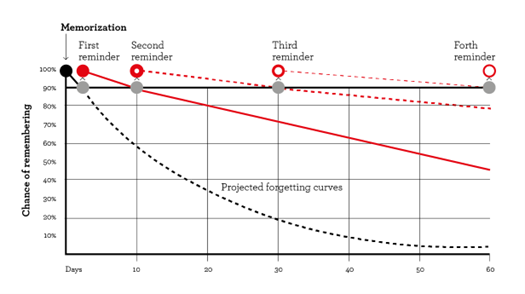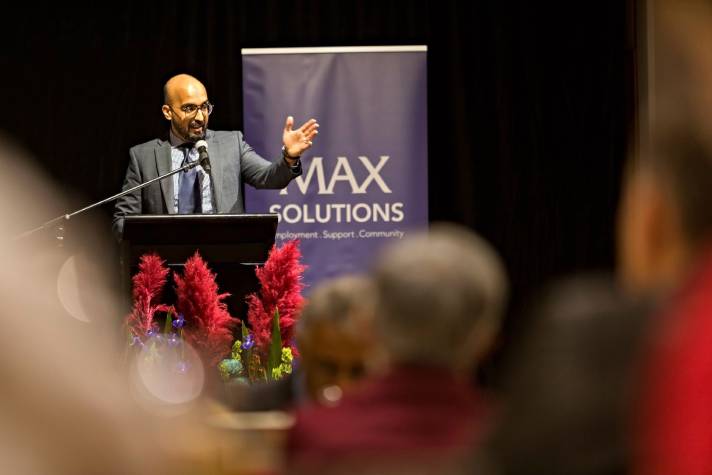Optimising your memory
Published by MAXSolutions on May 08, 2023

Memory is the process of encoding, storing, and retrieving experiences and knowledge.[1] Your memories make you who you are. Without your memories, you would be as functional as a new-born baby.
Types of memory
Short-term memory
As the name suggests, your short-term, or working memory, holds small amounts of information for a short period of time while you do something else, for example, it’s your short-term memory that remembers a telephone number while you look for a pen and paper.
Long-term memory
Long-term memories are enduring. There are several types of long-term memory:
The first kind of long-term memory is explicit memories. These are memories you are aware of that you can recall.
There are two types of explicit memories:
- Semantic memories include facts. For example, your date of birth.
- Episodic memories include events. For example, what happened at your last birthday party.
The second kind of long-term memory is implicit memories.
These are memories you are not aware of, which might sound a little odd until you consider all the things you can do without thinking.
There are two kinds of implicit memories:
Procedural memories include body functions such as how to talk, how to walk and how to type.
Priming is a process that happens outside of your conscious awareness. Priming occurs when two things are paired, for example, bread and butter pairs better than bread and doctor. Or the colour blue in a child’s painting of their house probably represents the sky.
How accurate is your memory?
Many studies show that people don’t remember many events that occur to them or around them.
Most people remember about 15%-20% of events.[2] Of those events, we have pretty good recall: about 93%-94% but that recall fades over time.
After a week our accuracy falls to 88% and then to 77% after a year.
The Forgetting Curve
In the 1800’s psychologist Herman Ebbinghaus measured his own ability to recall lists of nonsensical syllables that he made up.
He was able to chart the rate at which his memories decayed over time[3].
This is now known as The Forgetting Curve and many studies since have confirmed its accuracy. Although the following factors will affect the gradient of the curve:
Individual Differences.
How meaningful the data are being recalled.
How difficult the data are being recalled.
Frequency of repetition of the data.
Memory techniques used to aid memory such as Mnemonics.
Repetition
Ebbinghaus said, “With any considerable number of repetitions, a suitable distribution of them over a space of time is decidedly more advantageous than the massing of them at a single time.”
Subsequent researchers[4] have measured ideal spaces of time between repetition to keep memories accurate and complete.
These are great gaps to use when studying; and while some researchers have arrived at slightly different intervals, the general intervals are very similar.

Image credit: How To Remember What You Learn For Longer | Alexander Young (alexanderfyoung.com)
In this example, optimal retention of new learning material is achieved when the information is reviewed, recalled or repeated the following day, ten days after the initial learning, thirty days and then sixty days.
This is a good guide to help you schedule your study when you are preparing for an exam.
Knowing how your memory works will help you use it to your advantage.
References
1. Memory - Queensland Brain Institute - University of Queensland (uq.edu.au)
2. Our Memory Is Even Better Than Experts Thought - Scientific American
3. Ebbinghaus, H. (2013). Memory: A contribution to experimental psychology. Annals of Neurosciences, 20(4) doi:https://doi.org/10.5214/ans.0972.7531.200408
4. How To Remember What You Learn For Longer | Alexander Young (alexanderfyoung.com)
Share
Tags
Found this useful?
Help and advice
Our blogs are about helping people seek the information that they need for their steps in the workforce.














_1.jpg)





























.jpeg)

















